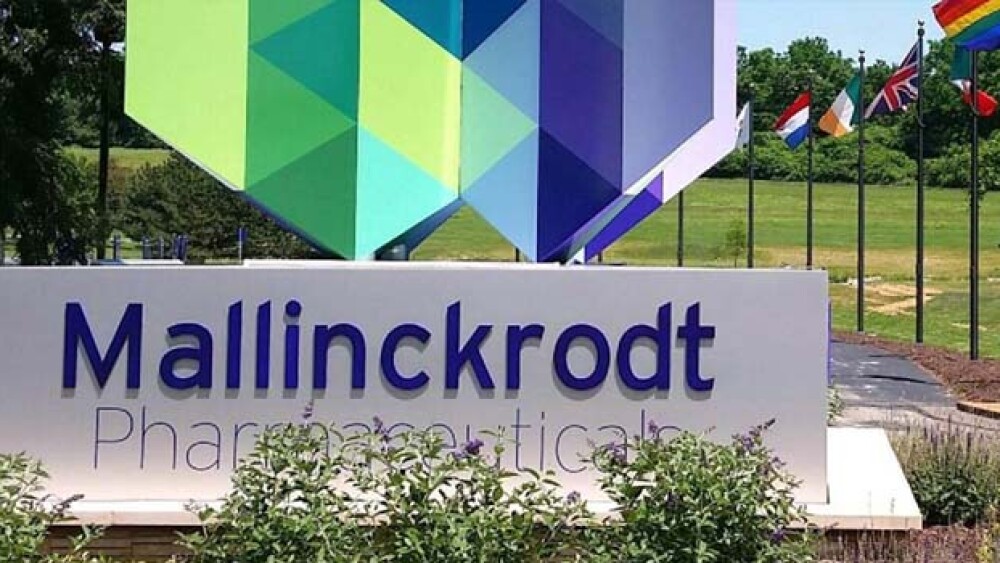A disproportionate number of ALS patients on the investigational drug developed pneumonia.
U.K.-based Mallinckrodt plc halted its Phase IIB amyotrophic lateral sclerosis (ALS) trial after the study’s Independent Data and Safety Monitoring Board recommended the trial be halted due to concerns over patients developing pneumonia who were using the company’s investigational treatment.
The midstage study dubbed PENNANT was examining the safety and efficacy of Mallinckrodt’s Acthar Gel (repository corticotropin injection) as a potential treatment for ALS, also known as Lou Gehrig’s disease. In its announcement late Tuesday, Mallinckrodt said the IDSMB’s recommendation was made after a higher rate of patients who received the Acthar Gel treatment developed pneumonia at a higher rate than those patients taking a placebo. The IDSMB also noted some other concerns, Mallinckrodt said, particularly the fact that there was no conclusive evidence the treatment was hitting the mark at 36 weeks, the primary endpoint of the trial.
“The lack of a clear efficacy signal for this ALS patient population combined with the potential risk of pneumonia led to the board’s recommendation,” Mallinckrodt said in its announcement.
Mallinckrodt said it permanently halted the study and patients who have been enrolled will be tapered off the treatment before discontinuing use. Acthar Gel has been approved by the U.S. Food and Drug Administration for 19 different indications, including treatment of symptomatic sarcoidosis, an inflammatory disease, and the treatment of acute exacerbations of multiple sclerosis in adults.
ALS is a progressive neurodegenerative disease that affects neurons in the brain and the spinal cord. The disease is usually fatal within two to five years of diagnosis. Patients with ALS eventually lose the ability to control muscle movement, which eventually leads to total paralysis and then death. Currently, there is no known cure for the disease. The Centers for Disease Control and Prevention estimates that approximately 12,000 to 15,000 Americans have ALS, with about 5,000 to 6,000 diagnosed annually. There are few approved treatments for this disease. In 2018, Mitsubishi Tanabe and its subsidiary, MT Pharma America, won regulatory approval for Radicava, the first ALS Drug approved in 22 years. Radicava is not a cure for ALS but slows decline in the daily functioning of ALS patients.
Steven Romano, Mallinckrodt’s chief scientific officer, said that the consideration of the patients in the trial was their top priority. Even though there are unmet needs in the treatment of ALS, Romano said it is the right call to terminate the trial. He also noted that while the patients in this trial seemed to develop pneumonia, the findings do not impact the risk/benefit profile of Acthar for use in its approved indications.
“Though the probability of success for the ALS population was acknowledged as being low, this study was initiated based on compelling analyses carried out following the completion of a small pilot study and we were hopeful it would have translated into a benefit for this group of patients in great need of effective therapies,” Romano said in a brief statement.
Mallinckrodt added that although this trial was halted, it will not impact other ongoing studies for Acthar Gel.





